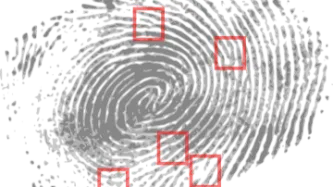Search
Content type: Examples
Filipino president Rodrigo Duterte has exempted survey teams and National ID system registrars from lockdown rules on the basis that they are essential to providing cash distributions and other government responses intended to soften the impact of the community quarantine. Duterte argued that the acknowledged delays to the government's programme to assist low-income families derived from discrepancies in the lists of beneficiaries caused by relying on the 2015 census and that the implementation…
Content type: News & Analysis
Creative Commons Photo Credit: Source
In this first episode of the Gender and Privacy Series, we go to Manila in the Philippines to meet two transgender right activists - Naomi Fontanos and AR Arcon. We discuss what the right to privacy means to them and their fight against the government's plan to deploy an ID card system.
Listen to the podcast here.
Content type: Long Read
The Privacy International Network is celebrating Data Privacy Week, where we’ll be talking about how trends in surveillance and data exploitation are increasingly affecting our right to privacy. Join the conversation on Twitter using #dataprivacyweek.
It is often communities who are already the most marginalised who are at risk because of the privacy invasions of data-intensive systems. Across the globe, we see the dangers of identity systems; the harms of online violence against women and the…
Content type: Long Read
To celebrate International Data Privacy Day (28 January), PI and its International Network have shared a full week of stories and research, exploring how countries are addressing data governance in light of innovations in technology and policy, and implications for the security and privacy of individuals.
According to the World Bank, identity “provides a foundation for other rights and gives a voice to the voiceless”. The UN Deputy Secretary-General has called it a tool for “advancing…
Content type: News & Analysis
This guest piece was written by Leandro Ucciferri of the Association for Civil Rights (Asociación por los Derechos Civiles). It does not necessarily reflect the views or position of Privacy International.
We look at our smartphone first thing in the morning to check the weather, and our to-do list for the day. During breakfast, we read the news and learn about what is going on in the rest of the world. In our commute to work or college, we scroll through our social media feeds…



